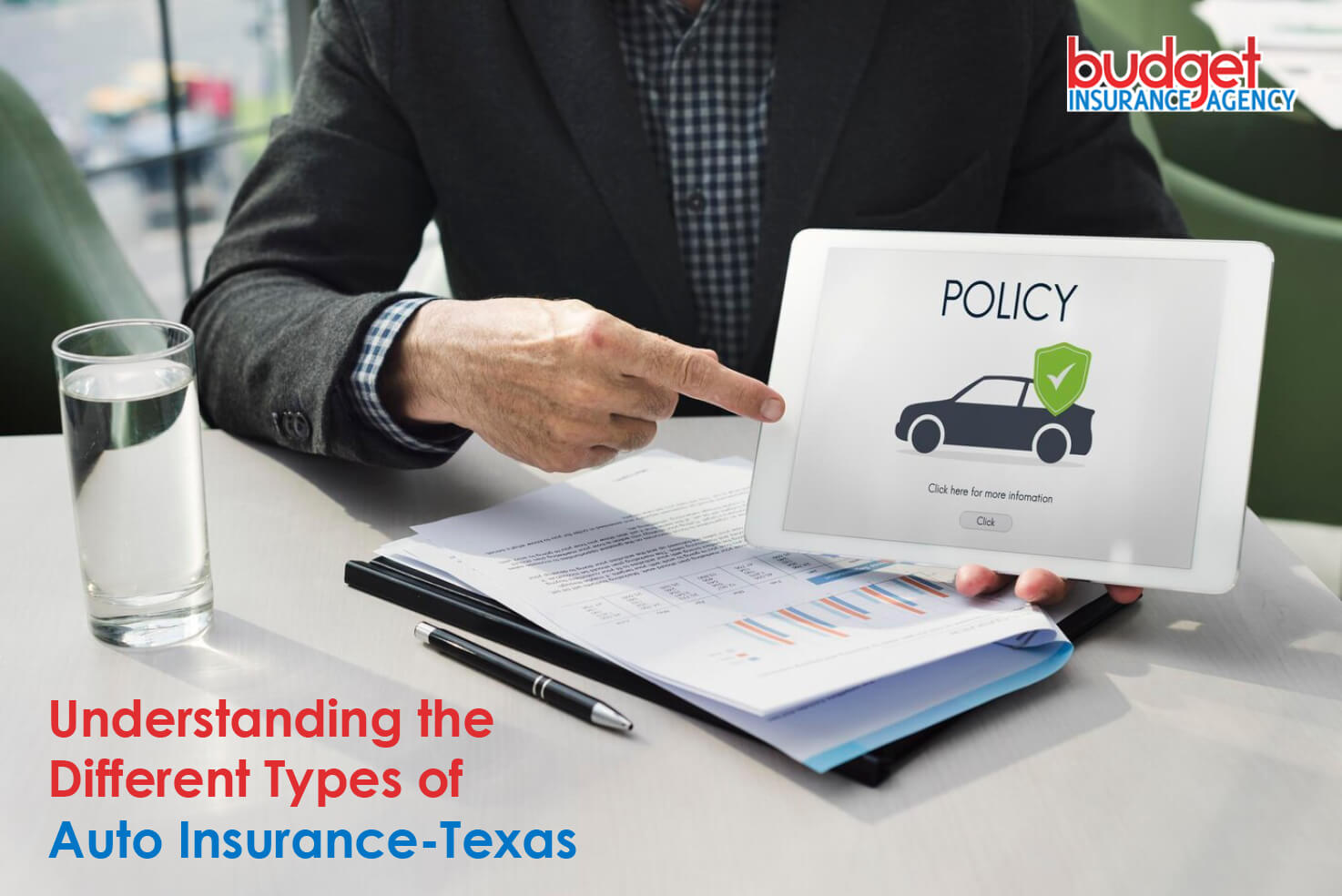
Auto insurance is a critical aspect of responsible vehicle ownership, offering protection against financial losses in the event of accidents, theft, or other unforeseen circumstances. In Texas, drivers have a variety of insurance options to choose from, each offering different levels of coverage and protection. In this comprehensive guide, we'll delve into the different types of auto insurance available in Texas, helping you understand the coverage options and make informed decisions to meet your needs.
1. Mandatory Coverage Requirements in Texas:
Liability insurance is mandatory for all drivers in Texas, covering bodily injury and property damage liability in the event of an accident where you are at fault.
The minimum liability coverage required by law in Texas is 30/60/25, meaning $30,000 bodily injury coverage per person, $60,000 bodily injury coverage per accident, and $25,000 property damage coverage per accident.
2. Optional Coverage Options:
a. Collision Coverage:
- Collision coverage pays for repairs to your vehicle in the event of a collision, regardless of fault. This coverage is particularly beneficial if you have a newer or more valuable vehicle that would be costly to repair or replace.
b. Comprehensive Coverage:
- Comprehensive coverage protects against non-collision incidents such as theft, vandalism, fire, and weather-related damage. Adding comprehensive coverage to your policy can offer peace of mind knowing that your vehicle is protected from a wide range of risks.
c. Uninsured/Underinsured Motorist Coverage:
- Uninsured/underinsured motorist coverage provides financial protection if you are involved in an accident with a driver who lacks sufficient insurance coverage. With this coverage, your own insurance company will step in to cover your medical expenses and property damage up to your policy limits.
d. Personal Injury Protection (PIP):
- Personal Injury Protection (PIP) coverage pays for medical expenses, lost wages, and other related costs for you and your passengers, regardless of fault. PIP coverage is particularly valuable in Texas, where the state does not have a no-fault insurance system.
e. Medical Payments Coverage:
- Medical payments coverage, also known as MedPay, covers medical expenses for you and your passengers in the event of an accident, regardless of fault. This coverage can be used to pay for medical bills, ambulance fees, and other related expenses.
3. Factors to Consider When Choosing Coverage:
a. Budget: Consider your budget and financial situation when selecting auto insurance coverage. While comprehensive coverage offers the highest level of protection, it may also come with higher premiums.
b. Vehicle Value: The value of your vehicle plays a significant role in determining the type and amount of coverage you need. Newer or more expensive vehicles may benefit from comprehensive and collision coverage, while older or less valuable vehicles may require less coverage.
c. Driving Habits: Evaluate your driving habits and risk factors when choosing coverage options. If you frequently commute long distances or drive in high-traffic areas, you may want to consider additional coverage to protect against potential accidents or incidents.
d. Legal Requirements: Familiarize yourself with the auto insurance laws and requirements in Texas to ensure that you meet the mandatory coverage requirements. Failure to maintain the minimum liability coverage could result in fines, license suspension, or other penalties.
4. Shopping for Auto Insurance:
When shopping for auto insurance in Texas, it's essential to compare quotes from multiple insurance providers to find the best coverage and rates. Consider factors such as coverage limits, deductibles, discounts, and customer service reputation when evaluating insurance companies. Take advantage of online comparison tools and resources to streamline the shopping process and make informed decisions.
Conclusion:
Choosing the right auto insurance coverage in Texas requires careful consideration of your individual needs, budget, and driving habits. By understanding the different types of coverage available and evaluating your options, you can select a policy that provides the protection you need at a price you can afford. Whether you opt for the minimum liability coverage required by law or choose to add comprehensive and collision coverage for added peace of mind, investing in auto insurance is a crucial step in safeguarding yourself and your vehicle on the roads of Texas.
